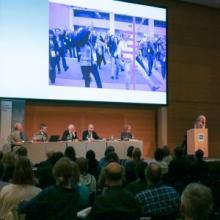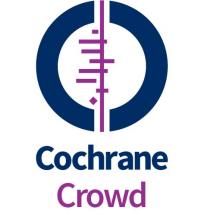Why publish a systematic review in Cochrane?

Study offers insight on factors influencing choice of publication in Cochrane and non-Cochrane sources.
New evidence published in BioMed Central’s Systematic Reviews provides some insights into authors’ experiences preparing and publishing systematic reviews, as well as factors that influence choice of publication arena, specifically Cochrane and non-Cochrane sources.
“The value of publishing systematic reviews in Cochrane was very evident. Cochrane authors valued the support, guidance and the technical resources offered. Even authors who did not conduct and publish their systematic reviews with Cochrane used Cochrane resources, such as The Cochrane Handbook,” says Dr. Lisa Hartling, lead author of the study. "There was a lot of interest from authors in increasing efficiencies for producing and publishing systematic reviews. Cochrane Crowd and the Organizational Structure and Function review of Cochrane groups may work towards this goal. While this study may be limited by generalizability, we hope it provides some insight on the motivations of authors when they are deciding where to publish their systematic review.”
Read the full news story on Cochrane.org
Related resources:
- Publication of reviews synthesizing child health evidence (PORSCHE): a survey of authors to identify factors associated with publication in Cochrane and non-Cochrane sources
- Cochrane Handbook for Systematic Reviews of Interventions
- Cochrane Crowd
- Organizational Structure and Function










